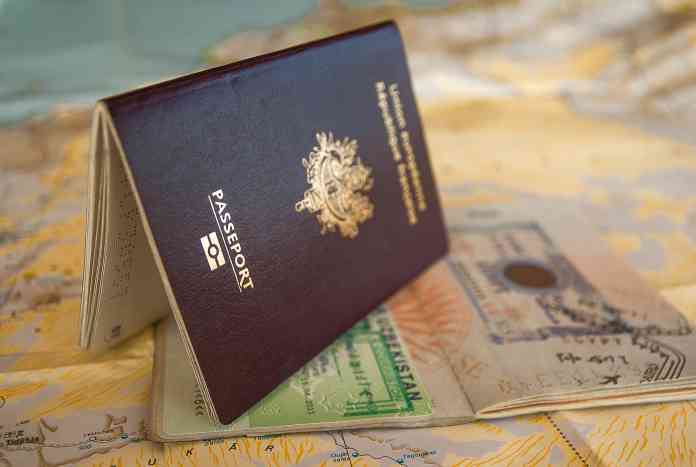
Brexit and borders: a lack of clarity
Following the referendum vote to leave the European Union in June 2016, much of the weight behind the Leave vote was attributed to control of British borders. The NHS bus may have been ridiculed for it’s apparent funding lie, but it was undoubtedly immigration that burdened people’s minds. Now, only four months away from our official departure date, details of what Brexit will actually mean to the UK are finally being revealed.
Only recently, analysis of the EU withdrawal agreement suggests that Britain would lose GDP growth equivalent to the annual economic output of Wales by 2030, Chancellor Philip Hammond has conceded that the UK will be worse off under all possible scenarios and former Defence Secretary and long-term Theresa May ally Sir Michael Fallon said that the ‘worst of all worlds’ deal must be renegotiated. So far, not looking as shiny as Number 10 would have hoped for.
One issue that has remained in the headlines is that of the UK border, especially in Ireland, and what it will mean for UK security, trade and migration. Lessons taken from the border between Norway and Sweden showcase how tough it would be to achieve a frictionless soft border, irrelevant of how strongly Downing Street believe it can be negotiated. The Home Affairs Committee chair, Yvette Cooper, has claimed that Home Office officials are ‘not being straight’ with MPs over the security implications of no-deal Brexit, highlighting the possible information lost to Border Force if the UK were to be excluded from the Schengen Information System database in March. Estimates report that the database, which contains details of terrorists and criminals, is currently checked by British police officers, border and immigration officials 1.4 million times every day.
That followed a warning from the National Audit Office that argued that border disruption following a no-deal Brexit could create serious security weaknesses, especially given that new border infrastructure at ports, airports and other sites could take up to three years to construct. As we are all too aware, it would not take organised criminals long to exploit any perceived weaknesses or gaps in security, and three years is a long time.
Leaving the EU needn’t be a reason for a more inward facing UK, and given that air traffic is set to double over the next 20 years, and freight set to triple over the same period, any agreement and security arrangement must account for not only a freer flowing international border but also for an increasing range of threats. Assistant Commissioner Neil Basu has already warned that UK police forces are not a match for the threat of Islamist and extreme far-right terrorism, and that outlook is unlikely to improve in the next four months.
The most successful border security programmes don’t make the news. It is those that fail which hit the headlines. With a heightened focus on UK activity and borders, as well as the threat of more terrorists returning from the Syria, let’s hope for an uneventful year for our borders that excludes the issue from the front pages.
digital issue















